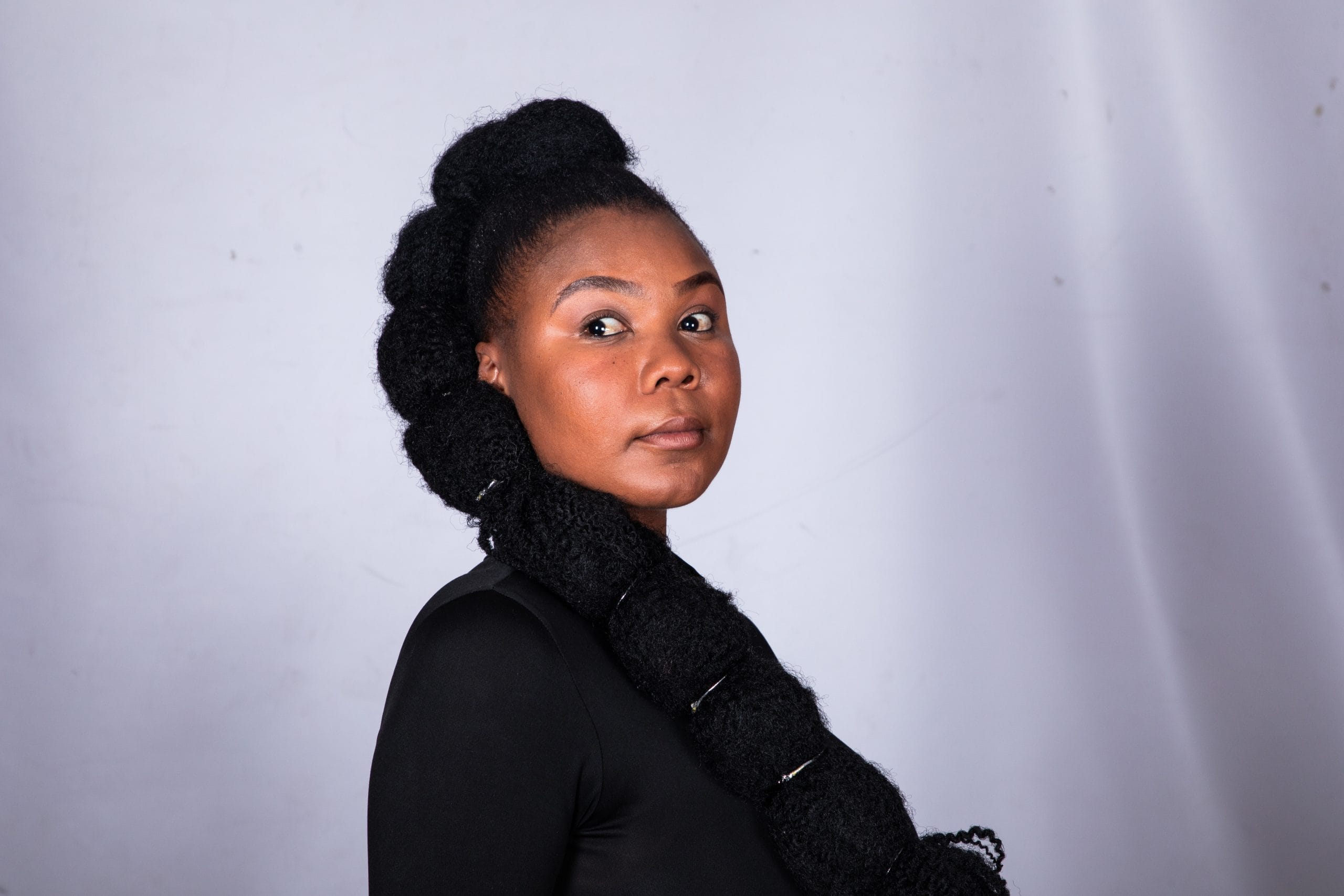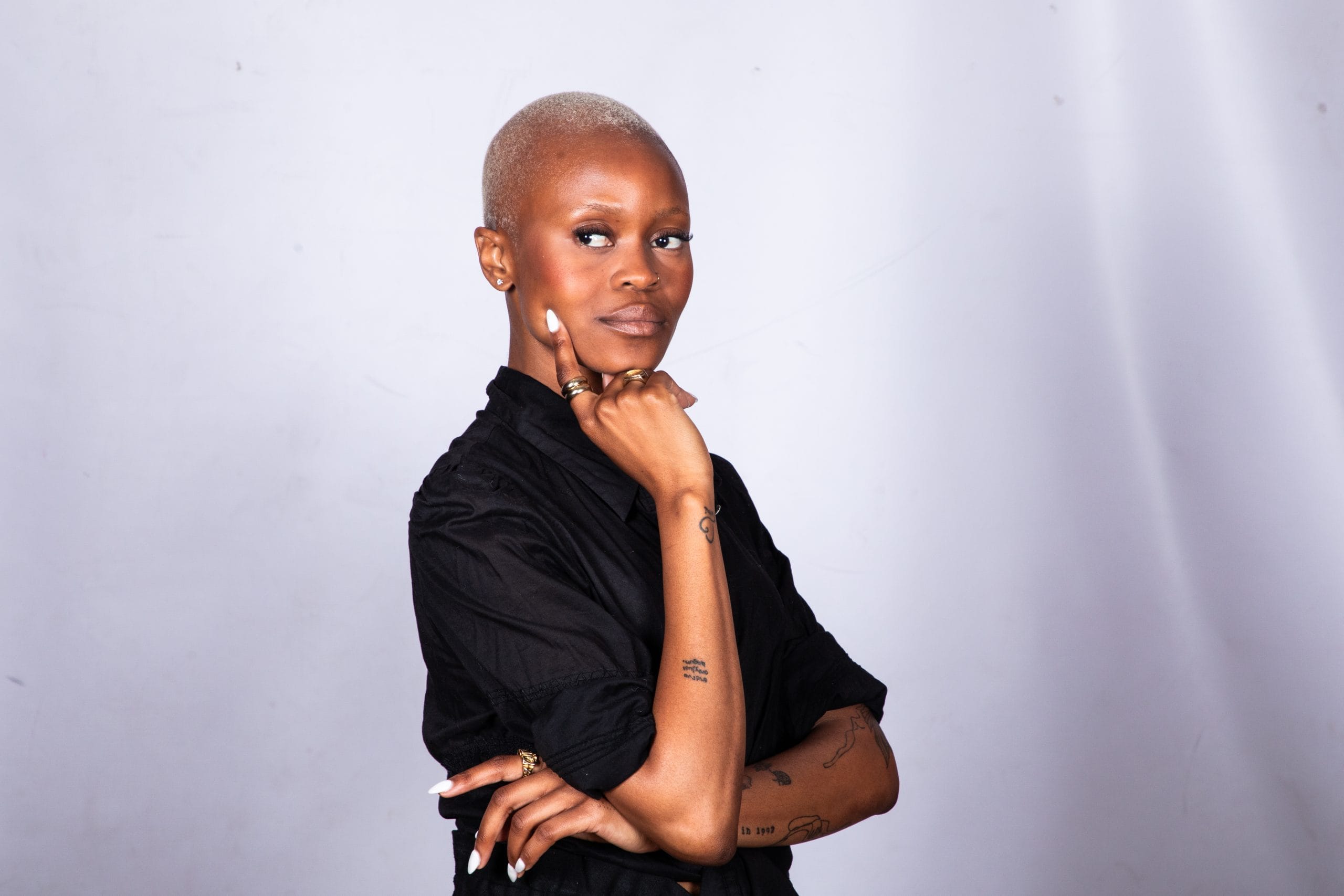In the heart of Johannesburg, a theatrical masterpiece is taking place, promising to ignite conversations, stir emotions, and celebrate the resilience of black womanhood. ‘For Colored Girls Who Have Considered Suicide When the Rainbow is Enuf’ makes its South African premiere at Joburg Theatre, directed by the visionary James Ngcobo.
As the spotlight shines on the ensemble cast, including Refilwe Modiselle, Swankie Mafoko, Boitumelo Lesejane, and Siphesihle Ndaba, the powerful narratives of the play take centre stage, echoing the experiences and struggles of black women everywhere. This production is more than just a play; it’s a testament to the strength, diversity, and beauty of black womanhood. Each cast member brings their unique perspective and voice to the stage, embodying characters that navigate through pain, triumph, and sisterhood.
Refilwe Modiselle, known for her advocacy for people with albinism, brings her own personal journey to the forefront, shedding light on narratives often overlooked in mainstream media. She reflects, “I’m an anomaly of black girls. The narrative or point of view of anyone living with albinism is often not explored.”
Swankie Mafoko emphasizes the universality of the play’s themes, stating, “If you are a woman living in South Africa, this play is for you. It shows how multi-layered women are.”

Indeed, the stories told in ‘For Colored Girls’ transcend boundaries of race, ethnicity, and background, resonating with audiences on a deeply personal level. Boitumelo Lesejane echoes this sentiment, highlighting the sense of community fostered by the production: “This story also encourages a sense of community as it showcases women from different backgrounds, who all look different but come together
to support each other.”
The significance of the play’s themes is especially poignant during Black History Month and South Africa’s 30th year of democracy. Siphesihle Ndaba reflects on the importance of using theatre as a platform for social discourse, stating, “The medium of this story to be told is powerful in itself as Theatre in the South African context is a space of protest and addressing social discourse. It also brings people together and is a platform that stimulates conversation.”
Through their performances, the cast members aim to amplify the message of empowerment, resilience, and self-discovery. As Boitumelo Lesejane aptly agrees, “This story gives us room to open up conversations for understanding and a mind for thinking. The play is called For Colored Girls, but it touches the next man on what women go through.”

When challenged to describe this story with a feeling Refilwe mentions that it is an an overwhelming culmination of emotions and as we call it here in South Africa, it’s a mix masala of emotions resembling life itself. Her words capture the complexity and depth of the narrative, highlighting its ability to mirror the diverse experiences of women and evoke a profound emotional response from audiences.
In harmony with Swankie’s reflection, Boitumelo Lesejane elaborates, “The feeling I link with this production resembles that of a dandelion, akin to a gentle exhale, a breath of fresh air, and a profound sense of relief.” Her portrayal encapsulates the play’s cathartic essence, urging spectators to release tension and welcome the transformative experience of witnessing tales of strength and solidarity among women.
Indeed, ‘For Colored Girls’ is more than just a play’s a celebration of the human spirit, a call to action, and a testament to the enduring power of black womanhood. As audiences prepare to embark on this emotional journey, they are reminded of the importance of storytelling in pushing awareness and addressing issues in our community. With every performance, ‘For Colored Girls’ invites us to embrace our shared humanity, celebrate our differences, and stand together in solidarity.






No Comments